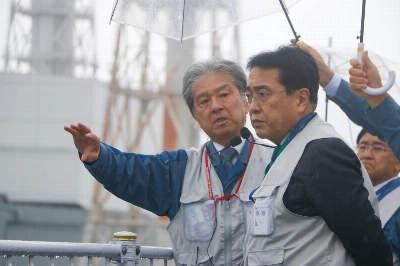The standard response from any U.S. president-elect about his policies prior to inauguration is that there is only one president at a time. That deference is designed to avoid undercutting the current officeholder, to keep from marginalizing him and prevent confusion about who is in charge. President-elect Barack Obama has tried to stick to that approach, particularly when it comes to foreign policy.
But the scale of the current economic crisis and the confusion that has surrounded the policy of the administration of President George W. Bush has forced Mr. Obama to lean forward and be more assertive. That is a good thing: Forceful U.S. action is essential to restore confidence and create a foundation for markets. The Bush administration appears to be increasing the level of confusion, the very last thing the world needs.
Since the subprime mortgage fiasco erupted and infected the U.S. financial system, the U.S. government has tried to stop the rot from spreading worldwide and into the "real" economy. Critical to the success of those efforts is a restoration of confidence: confidence among borrowers that they can get funds to do business, confidence among lenders that loans will be repaid, and confidence that governments and regulators understand the nature of the problem and will act to fix it.


















With your current subscription plan you can comment on stories. However, before writing your first comment, please create a display name in the Profile section of your subscriber account page.